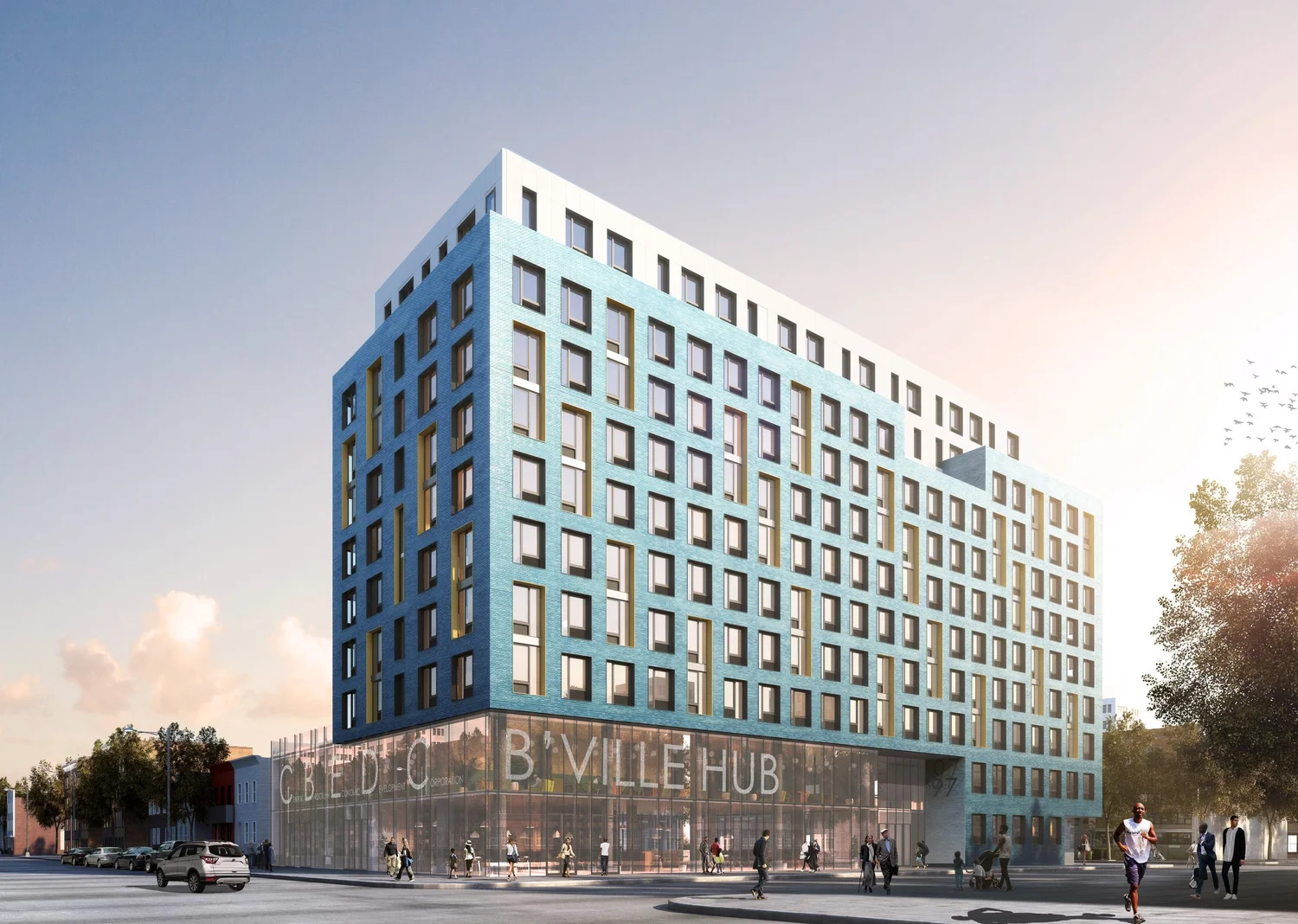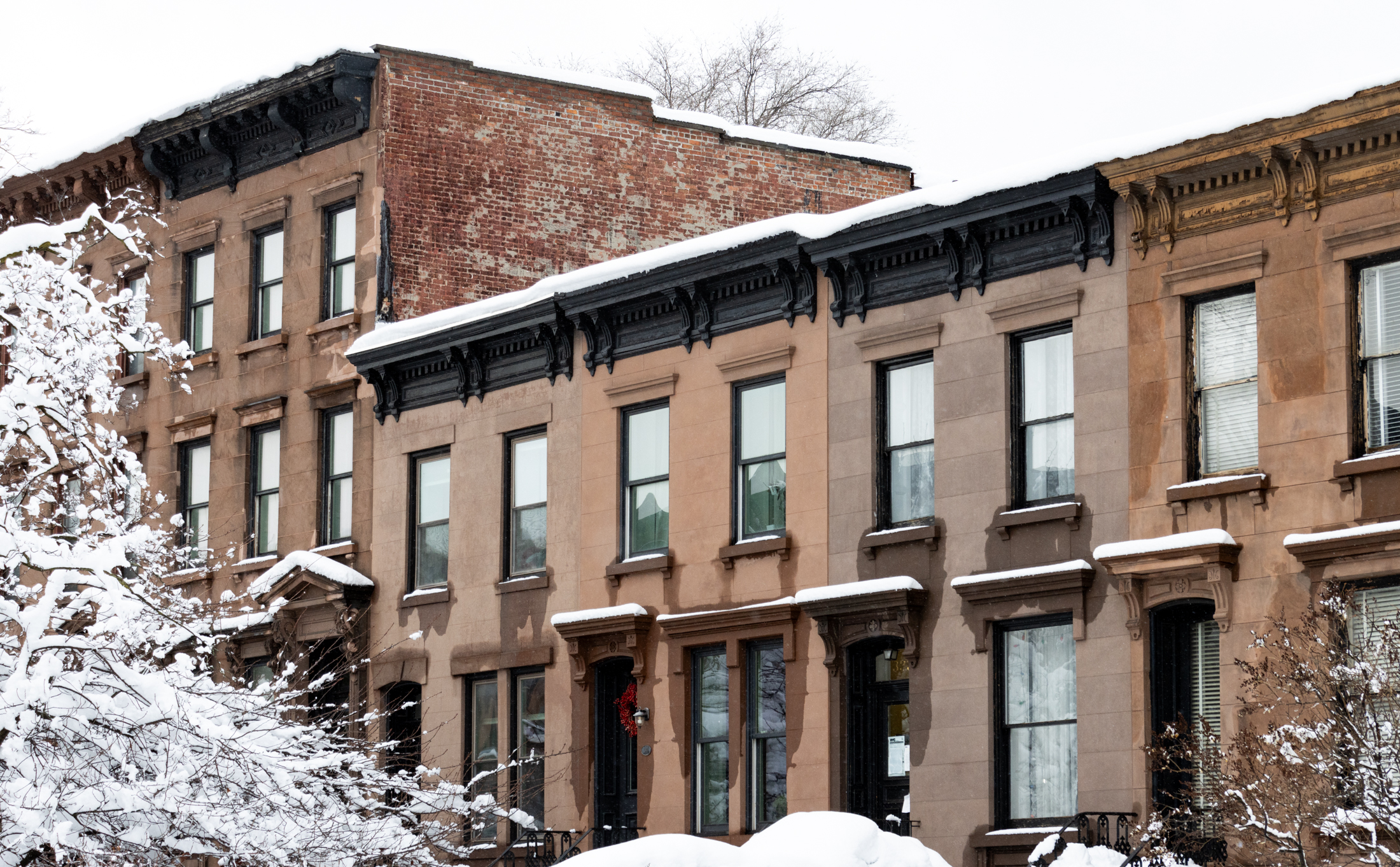Budget Cuts Threatening To Cramp P.S. 321's Style
The administration and PTA for P.S. 321 on 7th Avenue and 1st Street—widely considered one of the best and most progressive public elementary schools in Brooklyn, if not the entire city—are up in arms about the $125,000 in budget cuts the school is facing, and they’re calling on parents to march at the Department of…
The administration and PTA for P.S. 321 on 7th Avenue and 1st Street—widely considered one of the best and most progressive public elementary schools in Brooklyn, if not the entire city—are up in arms about the $125,000 in budget cuts the school is facing, and they’re calling on parents to march at the Department of Education offices tomorrow. (Principals all over the city have been slamming the slashed DOE budget.) P.S. 321’s principal sent a note home to parents saying the cuts mean the school won’t be able to buy new classroom furniture and certain school supplies (including new math books), and that there will be less money available for the professional development of teachers. On Monday, the PTA co-presidents sent home another letter (see copy on jump) about how the loss of funding will hurt the school; this communication asks parents to show up for the 4:00 p.m. rally in Lower Manhattan tomorrow to protest the cuts. (The rally is distinct from the meeting about the budget cuts that Councilman de Blasio is holding at Borough Hall tonight.) So how does all this circle back to real estate? This is no doubt overly simplistic, but is it possible for the budget cuts to make some would-be Slope buyers (who often move to the neighborhood because of schools like P.S. 321) reconsider, or think about shelling out for private school instead? Or do the strong voices of parents at P.S. 321 affirm the lure of the school and neighborhood? GMAP





Flatbushwhacker – Why on earth would I want to experiment with my children – and I am certainly not saying that being educated amongst other children who are not excelling and who come from homes where education is not emphasized and in fact viewed suspiciously is BETTER for a child.
Wouldn’t it be great if school got all the money they needed and the military had to have a bake sale to buy another tank?
See – 12.10 wants to keep it a secret…
The problem is when you have a whole community of know-nothings together in the same place, their children all going to the same school, and focussed on blaming, instead of on how to actually succeed. You know – where conspicuous consumption is the measure of success?
12:10 – “It is a complete falacy that with hard work etc, one can improve one’s lot. If you start out poor, you will most likely, end up poor.”
Maybe the reason why many people are starting out poor and ending up poor is because their culture doesnt emphasis the values that are essential for long-term success in today’s society – i.e. education, savings and family units.
Despite your claim that upward mobility is strictly anecdotal – statistics prove that for huge amount of immigrants come to this country with nothing and through hard work and education rise significantly generation to generation – in a trend that continues to this day.
Is PS 321 the HOTD?
Isn’t it amazing that in the City and State with the highest tax burden in the nation there never seems to be enough money for anything, even the most basic services?
The What’s 12:05 post is the 1st one of his that I agreed with 1000% in the sense that in terms of a real RE story the turmoil in the credit markets is far more important (and relevant) then some tiny across the board cut in school funding.
11:48 AM All true regarding parental involvment. However, if you start out middle/upper class, you will most likely end up, middle/upper class. It is a complete falacy that with hard work etc, one can improve one’s lot. If you start out poor, you will most likely, end up poor. I think you fail to see the substantial advantage that comes from an uneven playing field. Those that do ‘rise above’ in poor neighborhoods are anecdotal only.
If public schools were truely concerned with the vertical mobility, schools in poorer neighborhoods would be flooded with dollars rather than punished for ‘underachieving’. There are a great many problems associated with poverty that affect education that cannot be overcome simply by reading to your child, let alone traveling the world.
So the city has $80 million to give to McGrawHill to make-up tests, but not enough money for the schools themselves? I guess Klein missed “priorities” on vocab day.